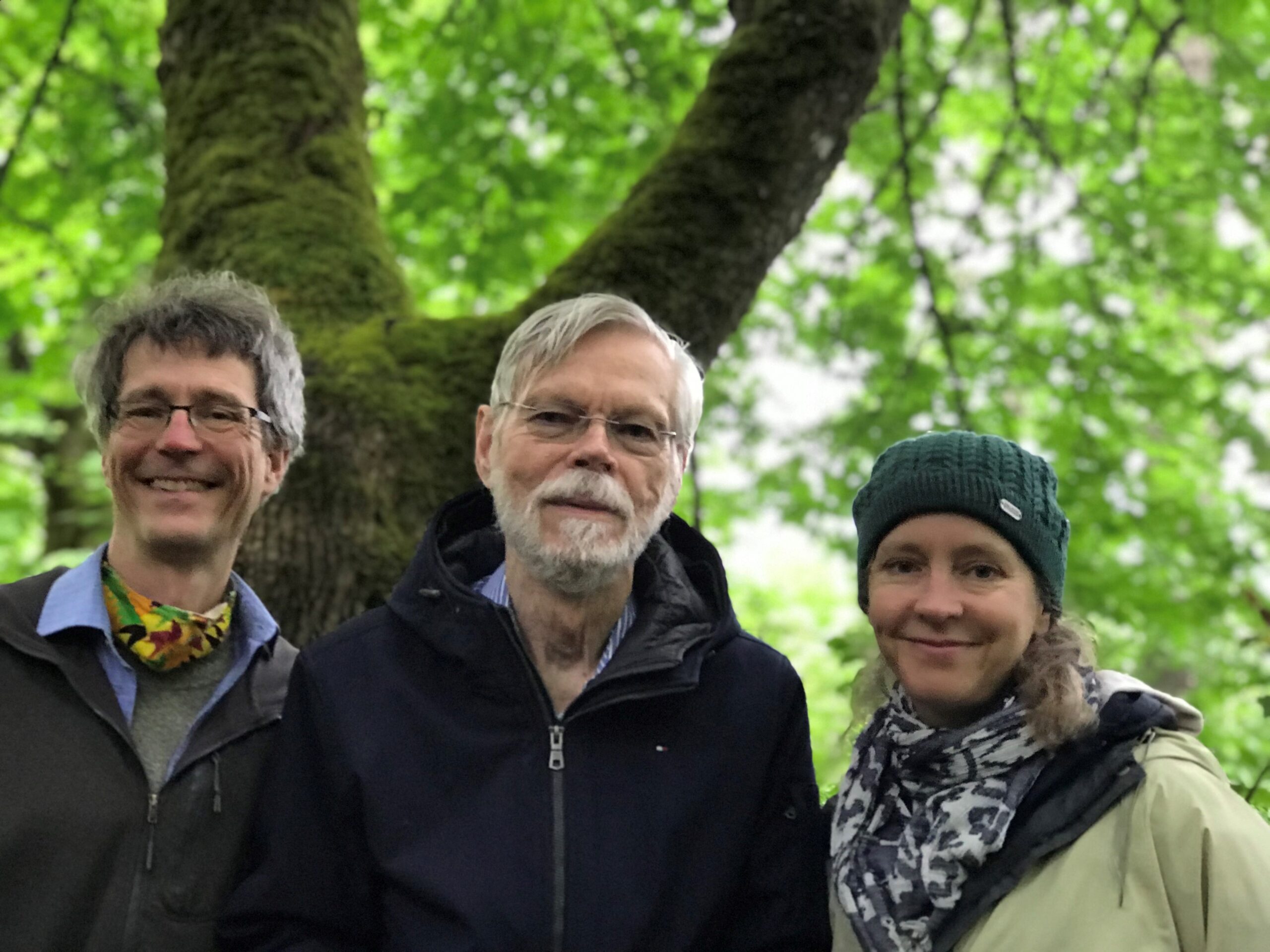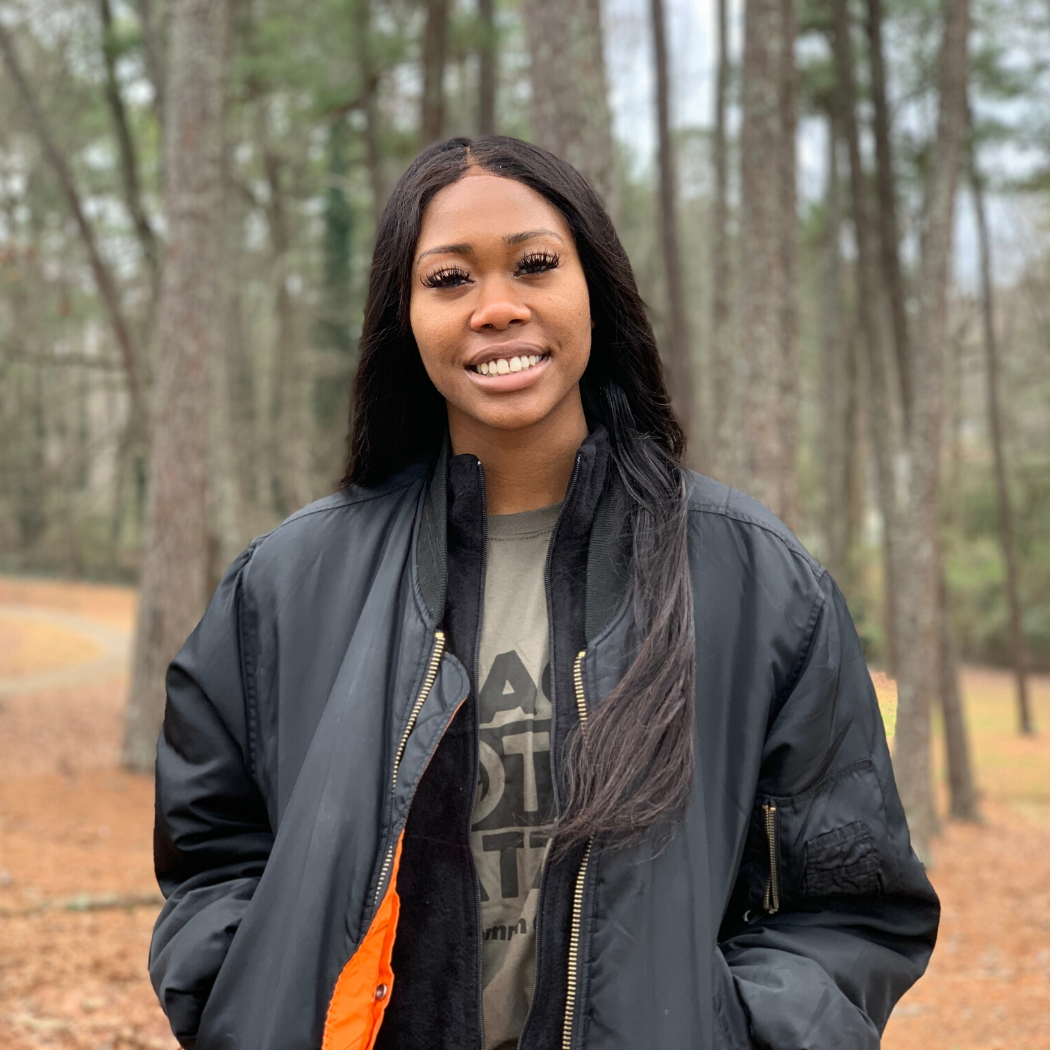Наше влияние
Common Cause has been fighting for and winning key democracy reforms since our founding in 1970.
We’ve worked to protect voters, limit Big Money’s influence on our elections, improve transparency in government, stop partisan and racial gerrymandering, and more.

1970s
1970: John W. Gardner, a Republican who served in the Cabinet of President Lyndon Johnson (a Democrat) launches Common Cause as an independent, non-partisan organization “for those Americans who want to help in the rebuilding of the nation.” 4,000 people responded to his initial newspaper ad calling for support—several of whom are still Common Cause members to this day. Common Cause rises to prominence in the anti-Vietnam War movement, lobbying Congress to cut off funding for the war effort.
1971: Common Cause leads a successful drive for passage of the 26th amendment, lowering the voting age to 18.
1972: Common Cause lobbying in Wisconsin secures the nation’s first sunshine law, designed to make the state’s government more transparent.
1973: A coalition led by Common Cause persuades Congress to pass the District of Columbia Home Rule Act, providing for an elected mayor and city council in the nation’s capital.
1974: Common Cause leads the outside effort to enact the historic Federal Election Campaign Act, which set limits on political contributions and established the Federal Election Commission to enforce them. It also created the presidential small donor matching fund system, which was used by all major party presidential candidates until 2008.
1978: Spurred by Common Cause’s lobbying, Congress passes the Ethics in Government Act of 1978, requiring government officials to disclose their finances and restricting the “revolving door” between government and business.
1980s
1982: Common Cause and our partners’ lobbying campaign leads Congress to extend the historic Voting Rights Act of 1965.
1987: After lobbying by Common Cause and other organizations, Congress rejects President Reagan’s nomination of Judge Robert Bork for the Supreme Court.
1989: Common Cause lobbies successfully for passage of a new Ethics in Government Act, ending special-interest honoraria for members of Congress and closing a loophole that allowed members to convert campaign funds to personal use.
1990s
1990: Common Cause spurs Congress to safeguard civil rights of people with disabilities by passing the Americans with Disabilities Act.
1995: House Speaker Newt Gingrich resigns after an ethics probe prompted in part by Common Cause finds evidence of House rules violations.
1999: Common Cause New York secures passage of landmark campaign finance reform providing public financing of New York City elections.
2000s
2001: Common Cause wins our campaign to pass the Bipartisan Campaign Reform Act, banning “soft money” in political campaigns, through Congress.
2003: In defense of independent media, a Common Cause-led lobbying effort prompts more than 2 million people to complain to the Federal Communications Commission about proposed deregulation of broadcast ownership.
2005: Common Cause Connecticut successfully champions passage of the first state “clean elections” public financing law, encouraging candidates to spurn special interest contributions and rely on small gifts from individuals. Common Cause leadership helps defeat a plan to cut public funding for the Corporation for Public Broadcasting.
2006: In Pennsylvania, Common Cause wins a 30-year fight to pass lobbyist disclosure and regulation law. In Tennessee, Common Cause lobbying sparks creation of the state’s first independent Ethics Commission.
2007: Lobbying by Common Cause helps secure passage of the Honest Leadership and Open Government Act of 2007, the most sweeping ethics reform measure since Watergate at the time. In Florida, Common Cause leads drive for passage of bill requiring that electronic touch screen voting machines produce a voter-verifiable paper trail.
2008: Common Cause lobbying prompts the House to create an independent Office of Congressional Ethics to investigate suspected ethics violations by members. A ballot initiative sparked by California Common Cause creates an independent citizens commission to draw legislative districts free from partisan gerrymandering.
2009: Common Cause Wisconsin leads winning campaign for public financing of candidates for the State Supreme Court. Common Cause New Mexico champions passage of campaign contribution limits.
2010s
2011: Common Cause helps lead national effort to expose ALEC, the American Legislative Exchange Council—a corporate-backed association of state legislators and business executives that has quietly drafted and secretly lobbied for passage of hundreds of profit-driven state laws.
2012: Common Cause files a groundbreaking lawsuit challenging the constitutionality of the filibuster rule and its 60-vote requirement for Senate action. The following year, the Senate would drop the 60-vote threshold for ending debate on most nominations. Ballot initiatives championed by Common Cause and passed overwhelmingly in Montana, Colorado and dozens of localities nationwide call on Congress to adopt a constitutional amendment overturning the Citizens United decision.
2014: The Supreme Court continues its assault on campaign finance laws in McCutcheon v. FEC, removing the aggregate limit on contributions by an individual in a single election cycle. In response, Common Cause redoubles drive for small-donor based public financing, tougher disclosure laws and strengthened voting rights protections.
2018: In a major victory for local and independent media, Sinclair Broadcasting terminates its $3.9 billion merger with Tribune Media Company after more than 50,000 Common Cause members speak out. Common Cause launches Mass Incarceration project to shed light on how money in politics, felony disenfranchisement, and prison gerrymandering undermine democracy.
2019: Common Cause joins the call for President Donald Trump’s impeachment following numerous accusations of obstruction, corruption, and abuse of power—including his attempts to solicit foreign interference in the 2020 Presidential election. After a campaign led by Common Cause New York and partners, New York City voters pass a ballot initiative instituting Ranked Choice Voting for primary and special elections.
2020s
2020: As the COVID-19 pandemic seizes the country, Common Cause pushes for access to safe and secure voting nationwide, including through the expansion of vote-by-mail. Common Cause spearheads the largest Election Protection effort yet, mobilizing 46,000 volunteers across 40 states to monitor the polls in person and flagging more than 5,000 pieces of potential disinformation online.
2021: In Florida, Georgia, Texas, and other states, Common Cause fights a wave of anti-voter legislation spurred by President Trump’s Big Lie about the 2020 Presidential election.
2022: Common Cause successfully urges the U.S. House to number the For the People Act—a comprehensive package of pro-democracy reforms—H.R. 1, making it the legislative body’s top priority for the session. Common Cause officially supports nomination of Ketanji Brown Jackson to the U.S. Supreme Court, recognizing her strong commitment to justice for all. Later that year, Jackson would become the first Black woman to serve on the Court.
2023: Common Cause and partners successfully urge the Supreme Court to reject a dangerous anti-democracy power grab in Moore v. Harper, which arose from Common Cause’s successful bid to overturn North Carolina’s gerrymandered legislative maps.
2024: Common Cause is currently recruiting nonpartisan volunteer poll monitors, watchdogging to stop anti-voter tactics, and speaking out for every person’s right to be heard in our democracy.
Hear from Common Cause members

Meet Bill Rodgers
Bill Rodgers was a Common Cause member and volunteer for more than 50 years. He passed away in March 2024 but is still making a positive impact. Before his death, he began making plans to continue helping Common Cause beyond his lifetime with a gift of $1 million. When Bill joined Common Cause in 1970, he had just returned from a year living abroad under an authoritarian leader.
Bill said: “That year strengthened my commitment to our democracy. I respected John Gardner and wanted to join his organization but had little money to share given the growing needs of my young family. Now I have more to share, and Common Cause continues to support my values in the face of growing threats, now internal as well as external, to those values.“

Meet Shelby Lewis
Shelby served as Davis Democracy Fellow with Common Cause Georgia. In her first year in the role, she registered over 100 first-time voters and lobbied at the Georgia State Capitol for the end of felony disenfranchisement.
Shelby says: “As a member of Generation Z, the group…whose future will be most greatly impacted by the decisions of today’s leadership, I want to do whatever I can today to play a role in shaping the kind of America that I will live in tomorrow.”

